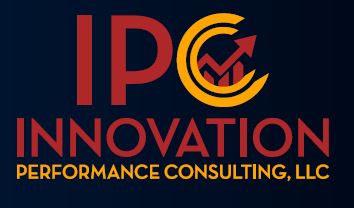
Resistance from a client is the hardest thing to deal with in consulting projects (Block, 2011). It is hard because “resistance is an emotional process, not a rational or intellectual one” (Block, 2011, p. 145). Therefore, every attempt to tackle it head-on is guaranteed to fail because the client will push back to avoid the unpleasant feeling of needing help. An anxious client sees asking for help as a show of weakness and makes every effort to avoid having to cope with a shattered ego. Thus, resistance is a powerful coping mechanism with the only purpose of shielding a client’s ego from a consultant who will insist on an improved status-quo.
Resistance is never about the consultant. Clients use resistance to deal with the emotional tension that comes with “the process of being helped and against the process of having to face up to difficult organizational problems” (Block, 2011, p. 129). The sooner consultants realize this, the quicker they may help clients overcome their resistance. Also, the consultant must always be in the mindset that consulting is a learning process and that resistance “is a necessary part of the learning process” (Block, 2011, p. 129). When we, as consultants, wish resistance would disappear, we impede the client’s ability to integrate and learn from our expertise (Block, 2011).
The last important insight is to encourage the client to discuss his resistance. This is a clever way of examining the resistance closely. The goal is to bring the internal picture and flawed assumptions that are causing the resistance to the surface and expose them to outside influence, in this case, the consultant (Senge, 2006). Senge (2006) called this technique the discipline of dialogue. If the sources of resistance are not recognized, “they undermine learning. If recognized and surfaced creatively, they can accelerate learning” (p.10). Since learning must occur in every consulting project, creative dialogue between the consultant and the client is imperative.
References
Block, P. (2011). Flawless consulting: A guide to getting your expertise used (3rd ed.). Pfeiffer.
Senge, P. M. (2006). The fifth discipline: The art and practice of the learning organization. Crown Publishing Group.

